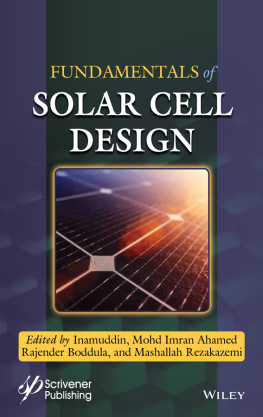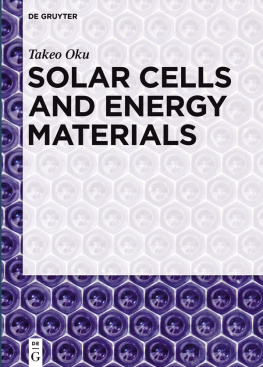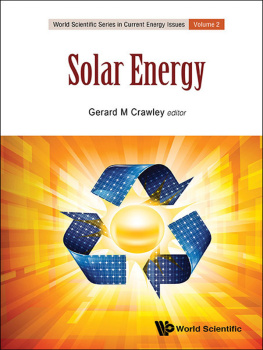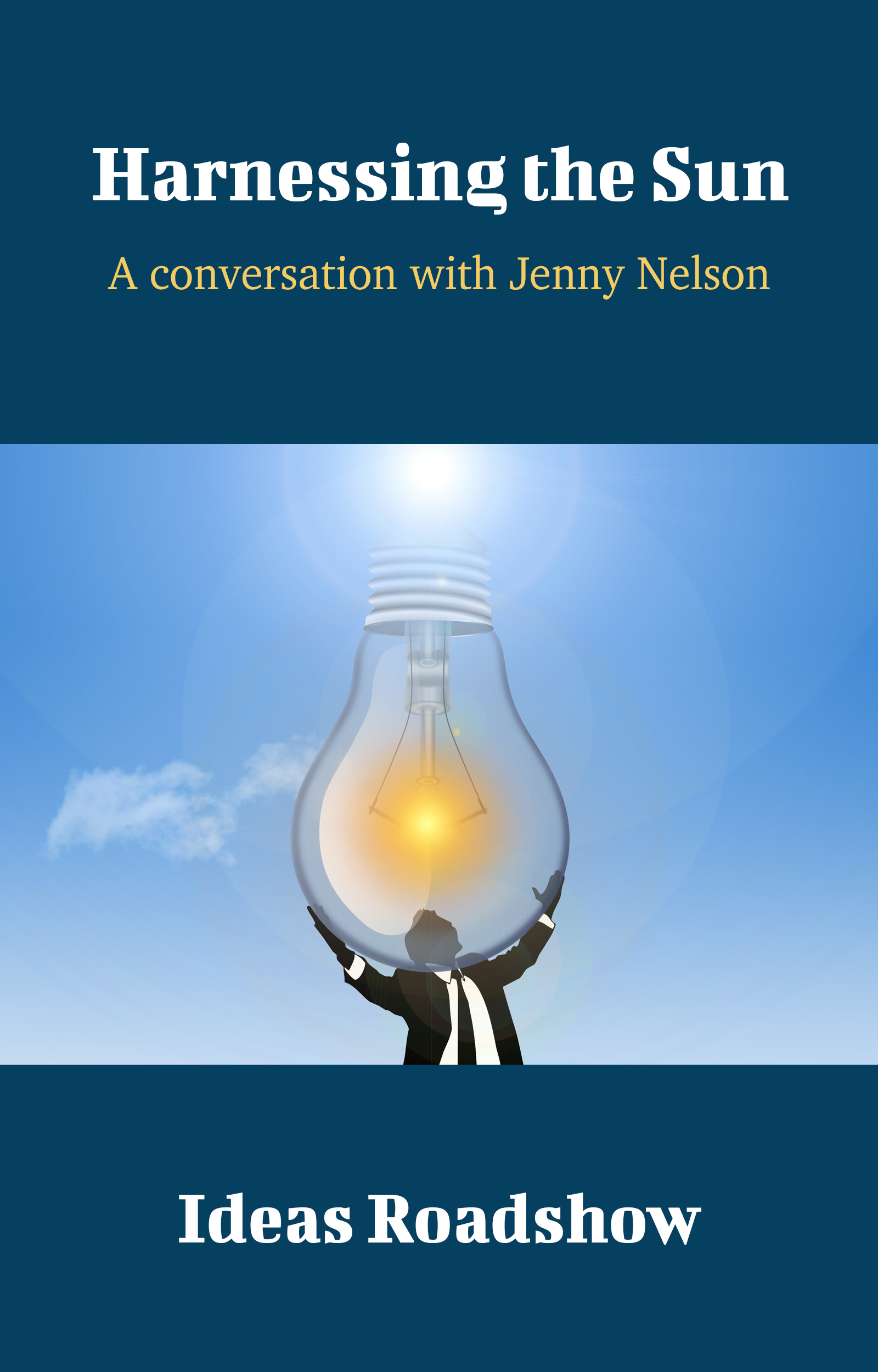The contents of this book are based upon a filmed conversation between Howard Burton and Jenny Nelson in London, England, on October 28, 2016.
Introduction
Making A Difference
Most theoretical physicists I know will unhesitatingly hold forth about the joys and frustrations of penetrating natures deepest secrets in their determination to uncover the underlying laws of the universe. Even those without a particularly lyrical bentadmittedly a fairly hefty majorityare prone to dress up their work in rather overblown metaphysical garb, conspicuously inserting phrases like the fabric of reality or theory of everything into descriptions of their day job whenever they get the chance. Which is typically quite often.
Jenny Nelson, on the other hand, isnt like that. At all. Its not that she doesnt have the professional chops to play the role of detached Brahmin truth-seekeras a Professor of Physics at Imperial College London and Fellow of the Royal Societyits simply that she clearly doesnt want to.
And, as you might suspect, she never has. After her undergraduate work at the University of Cambridge, she had a conspicuously different attitude than most of her colleagues.
I was very motivated to find a way to use science in a social contextthe improvement of living standards, the prevention of warthose kinds of things.
Many of my classmates were focused on choosing where to go to do a PhD or whatever, but without seeming to have really thought through, This is what I want to do, but more along the lines of Oh, Imperial College is a good place. And I remember thinking to myself, Why would you do that with your life?
For me it was all quite different. This was in the 1980s. There was a lot of concern about the threat of nuclear war and also a growing awareness of all sorts of resource issues to do with food, water, health and so on. I was a scientist; and I wanted to see how I could use my background to try to improve things.
Which she most definitely did. After working on a community initiative to help the general public better understand information technology, she found herself collaborating on a project to rigorously assess plutonium production in nuclear power plants, before eventually moving on to do her PhD on the analysis of the optical properties of soot in order to rigorously assess the nuclear winter hypothesis that was often being publicly bandied about at the time.
While the specific topics she worked on varied considerably, the determination to use her well-honed analytical and rapidly evolving computer modelling skills to address scientific issues of public interest was consistently evident for all to see. And so it was that, after another interlude from professional research she found herself with the opportunity to do research in yet another subject of overwhelming societal importance, the development of solar cells, she plunged in unhesitatingly.
A few decades later, much has changed: Jenny has become a global authority on solar cell physics, the author of the canonical textbook on solar cells, and an integral member of Imperial College Londons Grantham Institute, one of the worlds most progressive initiatives for the promotion of both research and effective public policy on climate change and the environment.
On the other hand, much hasnt.
Sciencetrying to understand how things workis very exciting. But a key question for me is, What difference is it going to make if we can solve the problem and make it work? That is why I got involved with the Grantham Institutethat is exactly the sort of question were trying to answer by looking at things like energy return on investment, doing these types of calculations in order to develop a better picture.
The thing is, you could do basic research on many thingsand I completely support thatbut when youre faced with having to decide which of these ideas from basic research were going to develop, then you need to know what the potential impact would be, or at least have a reasonable idea of what the potential impact of that innovation would be, if it were applied.
Science and policy are not that well joined-up yet, but I think that under our current circumstances we have to make more of an effort to join them up.
Its also something that I think about often in my professional life. Some bright student comes along and wants to do a PhD in my area because she thinks that this is the area to work in if shes going to change the world, so you need to have a reasonable idea whether the project you give her to do is likely to have any value or not in that big picture. If you dont, then youre being deceitful. Its a real responsibility.
Being able to spend ones days puzzling over, say, what happened in the first few instances after the Big Bang, is clearly a wonderful situation to be in, and truly a glowing testament to the spirit of human inquiryfew among us are indifferent to the prospect of how future insights might completely change the way we think about the fundamental laws of nature.
But if it werent for people like Jenny, wed have a lot less reason to be confident that such a future will actually happen.
The Conversation
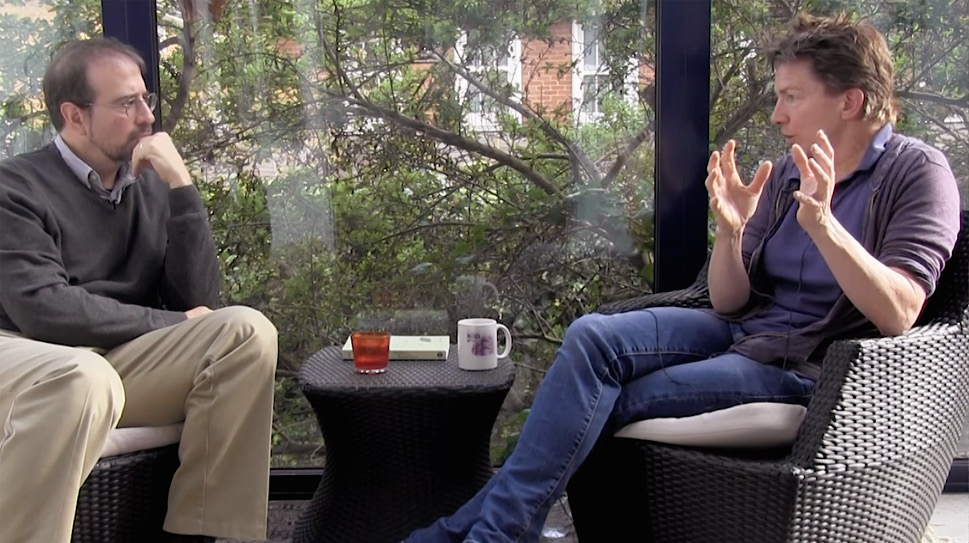
I. Finding Her Place
The wanderings of a socially-conscious physicist
HB: Id like to begin with how you got interested in science more generally, not so much solar cells right now. How did that begin for you?
JN: I was quite lucky in that I had two scientists as parents.
HB: They were chemists, werent they?
JN: Thats right. I grew up in Belfast, Northern Ireland. Both of my parents are inorganic chemists and they met through chemistry, so it was quite a natural thing for there not to be any barrier between me and an interest in physical science, particularly because I had a mom who was a physical scientistnot many people have that privilege.
So, science was always accessible. I was interested in lots of things. Ive always been interested in language and writing, I was very interested in history as a child, possibly because of the circumstances in which I was growing up in Northern Ireland, but there were no barriers between me and science, so it was available too. I suppose as a child I might have had a slight aversion to chemistry, because my parents were chemists.







